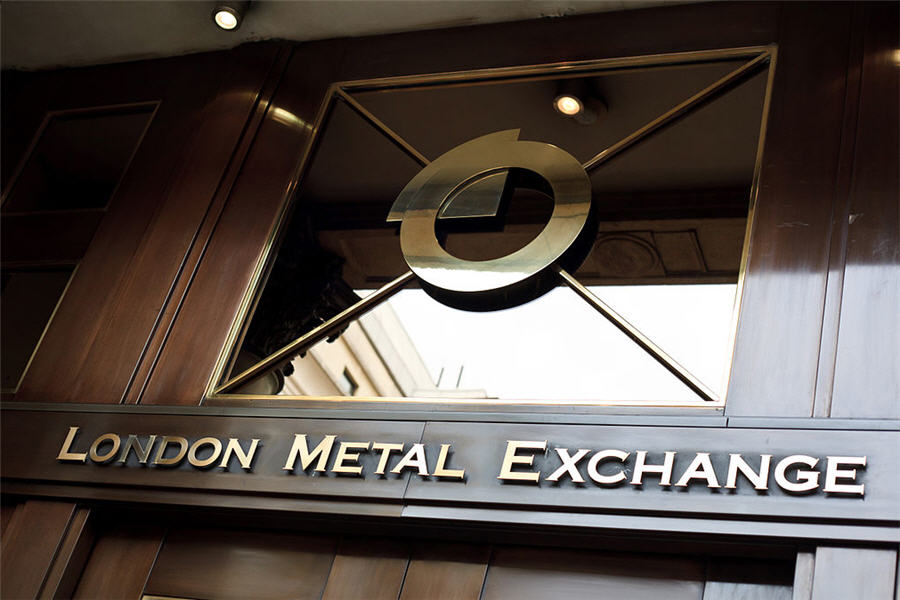LME may have a paper-filing problem if UK goes on lockdown

Since Victorian times, London’s traders have used paper documents to track metal flowing in and out of warehouses, even as the rest of the world went digital. Now the coronavirus is posing a threat unlike any in living memory.
Every day, warehouse agents in London print ownership certificates for metal in warehouses as far away as South Korea
With several European countries in lockdown and the number of cases in the U.K. rising fast, traders worry how they’ll access the London Metal Exchange’s paper-based filing system for registering copper, nickel and aluminum inventories if the city is forced to close.
In a worst-case scenario, issues with the process could compound the disruption facing physical traders as they encounter a shortage of labor at ports, factories and warehouses across Europe.
But in London, the traders could encounter difficulty simply moving registration papers around the city.
Every day, warehouse agents in London print ownership certificates for metal in warehouses as far away as South Korea. Couriers zip the documents, often for inventories worth millions of dollars, across the city to a office a few blocks from Liverpool Street, where they’re stored away in the basement.
Paper process
Traders are worried about getting documents around central London if couriers or warehouse agents are sick. There’s also a risk that the office, the only place in the world that can process deliveries and withdrawals of LME metal, will be forced to close.
“It would be a very unusual situation,” said John Wolff, a former chairman of the LME whose family-owned brokerage wrote the definitive guide to trading on the bourse. “In all my years in the market, I can’t recall anything quite like that happening.”
Issues with the filing process may mean that physical traders won’t be able to offload inventories at a time when demand is cratering. The LME said it has a range of powers to ensure that problems delivering or withdrawing metal won’t end up affecting prices. Deutsche Bank AG, which runs the depository, declined to comment.
Electronic switch
If there’s a crisis, the LME has well-tested plans to move its open-outcry ring to a back-up site and switch to electronic trading. The exchange also runs a computer system that keeps track of who owns metal in its warehouses, so any issues would only affect inventory being delivered or withdrawn.
Still, that labor-intensive process is causing alarm among physical traders, who expect they’ll need to offload metal as the virus cripples economic growth.
“There’s a pro-tem solution that can be cobbled together to cover this situation,” Geoff Sambrook, a former LME metals trader and author, said by phone. “But it’s going to be a case of learning from history.”
Digital registries
Other stock exchanges made the switch to digital ownership registries years ago, but the LME is different because of its roots in the physical metals world. The bourse runs a network of more than 500 warehouses around the world that act as a market of last resort for mining companies, manufacturers and traders.
In an industry with a history of fraud and forgery, the LME’s practice of locking title documents in a central depository is popular with traders.
Veterans tell stories of occasional hiccups, like couriers ferrying documents to the wrong offices or taking a detour to the pub. But traders now fear the coronavirus will test the limits of the labor-intensive system like never before.
“In an extreme situation, the virus could disrupt physical movement of metal or the shipment of new warrants to the depository,” the exchange said.
(By Mark Burton)
More News
{{ commodity.name }}
{{ post.title }}
{{ post.date }}




Comments